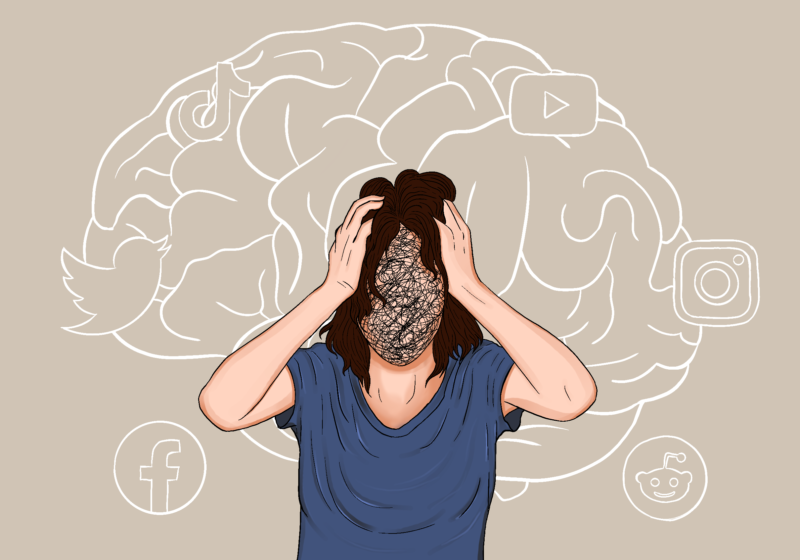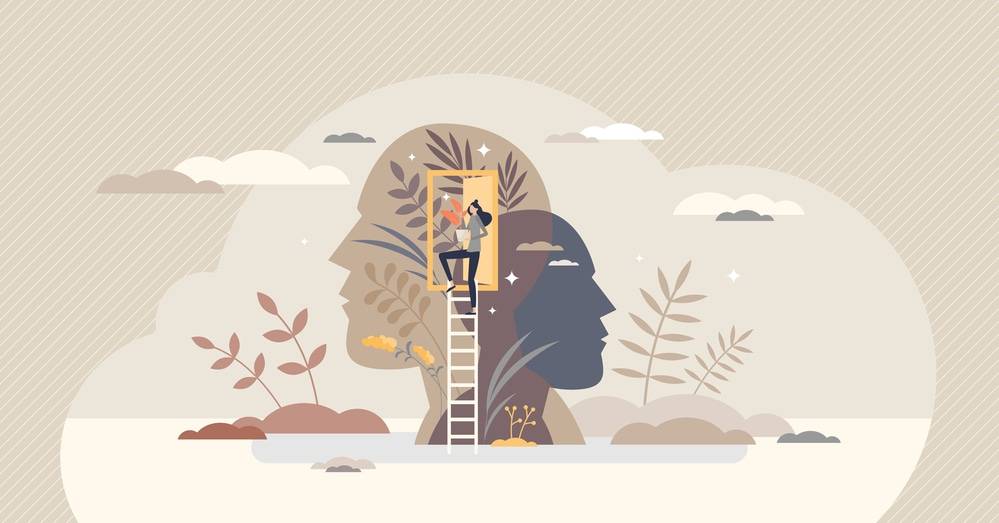By: Joshua Ansley, Spiritual Advisor at Relevance
There is a somewhat famous quote ‘Religion is for people who are afraid of going to hell; spirituality is for those of us that have been there.’ When I present this quote, the people in the room that have experienced the most pain often times shake their heads ‘yes’ quite adamantly. They know that the suffering they have experienced was actually an integral part of the process of opening up spiritually. Some were even ‘religious’ before, but have now become ‘spiritual.’ So what does this word ‘spiritual’ mean and how does it differ from the traditional understanding of religion and, dare I say, ‘God?’ And how does it relate to suffering? From the moment we are born, we immediately use our senses to engage with the external world. Having an extremely limited understanding as burgeoning beings, we use the very visceral dualistic teaching of ‘pain and pleasure’ to dictate our choice of action. This built in survival mechanism is essential for us to stay alive and ultimately perpetuate the species. It is primal…It can also very easily run amuck leading to over-indulgence and ultimately, addiction (suffering). But it’s not the whole story.
Somewhere along the way some great sages understood that this ever-changing external world we live in will never bring us permanent stability. It simply cannot. Anything constantly changing cannot bring constant steadiness. There can be fleeting and even quite extended bouts of pleasure and ease, but an unending source cannot be found in this ephemeral world. Realizing that our understanding of happiness was directly related to our relationship to the external world through our senses- the sages turned away from the external world and journeyed inward.
This is spirituality.

Those sages discovered that if we live outward-in, the external world will define who we are. Name, fame, wealth and everything else external naturally becomes paramount. We are ruled by the opposites of success/failure, acceptance/rejection etc. that the mind has been conditioned to operate in. We become reactors, stuck in a fear based selfish need to survive this threatening, dualistic world of separation. This way of living ultimately leads to suffering. But- when the perspective is completely changed, the sages realized that everything else follows. Instead of reaching our mind into the world through our senses, we turn the mind inward to the deepest spaces within ourselves. It is there, through diligent work and searching, that we find the stability and the strength we need to shift from being reactors to actors in the world, leaving a powerful imprint of service and Love. One could possibly argue that moving inward would promote separation and isolation, but paradoxically we find that, as we move inward beyond the layers of conditioning, we find a deep connection to all- Love and understanding of ourselves and, thus, others.
These sages and saints from all different modalities realized that this mind which is immediately trained from birth to move outward needs some real Jedi training in order to detach itself from this world. Having found and personally experienced this ultimate source of eternal joy and connection to all, they felt compelled to teach others the way to re-connect with their deepest Self (AKA ‘God’ in the external duality of the mind). The sages began teaching principles and practices that could help people find their own personal experience with this ‘God,’ this unifying principle by which we are all connected. These sages and saints have such a powerful presence to them, so unaffected by the world and steady within themselves, that people want what they have. Unfortunately, people’s untrained minds are so firmly rooted in the external world of duality and its black and white ideas that they turn these practices that are intended to help people move along the path to freedom into a rigid shame based system of imprisonment and control. These dualistic followers are still conditioned to see God as they did their own parental or authority figures early on in Life instead of the very divine core of who they really are. These followers become the new teachers and thus, we have the birth of our understanding of oppressive religions and fear mongering gods. Often times, people are very turned off by the word ‘God’ when they initially start their recovery process. Understandably so, since they have had their own personal experience with some interpretation of the word- which could range from the often complete denial of the idea by the intellectual, anywhere through a neutral feeling and up to an extreme resentment at the concept (these resentments are often valid, for a number of reasons including a misunderstanding of spiritual teachings or abuse of power on the part of some preceptor). Couple that with an aggressive 76 year old man yelling at a 24 year old woman in an AA meeting that if she doesn’t find God she will never recover, one can completely understand why any rational person would run for the door and abandon all hope of ever returning. Unfortunately, when that happens we are ‘throwing the baby out with the bath water,’ as they say. Religion, itself, is not a bad thing (the word ‘religion’ is believed to be from the Latin root ‘religare’ meaning ‘to reconnect’ as yoga is ‘to yoke or join’); it’s the people who still operate under a strict dualistic, good/bad, right/wrong framework that completely misinterpret and distort beautiful divine teachings. In recovery we focus on ‘spirituality’- the very sap of religion- a beautiful process of moving inwards and understanding ourselves on deeper levels so that we can find the strength and stability to ultimately live the lives of beauty and joy that we were intended to.









